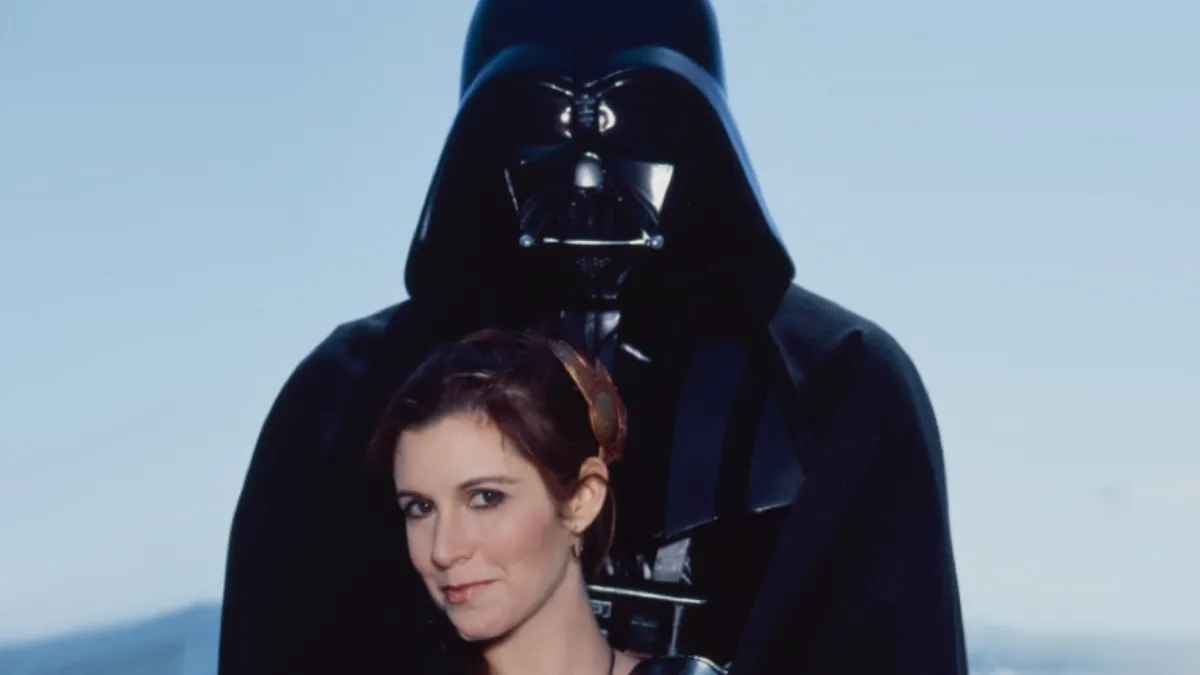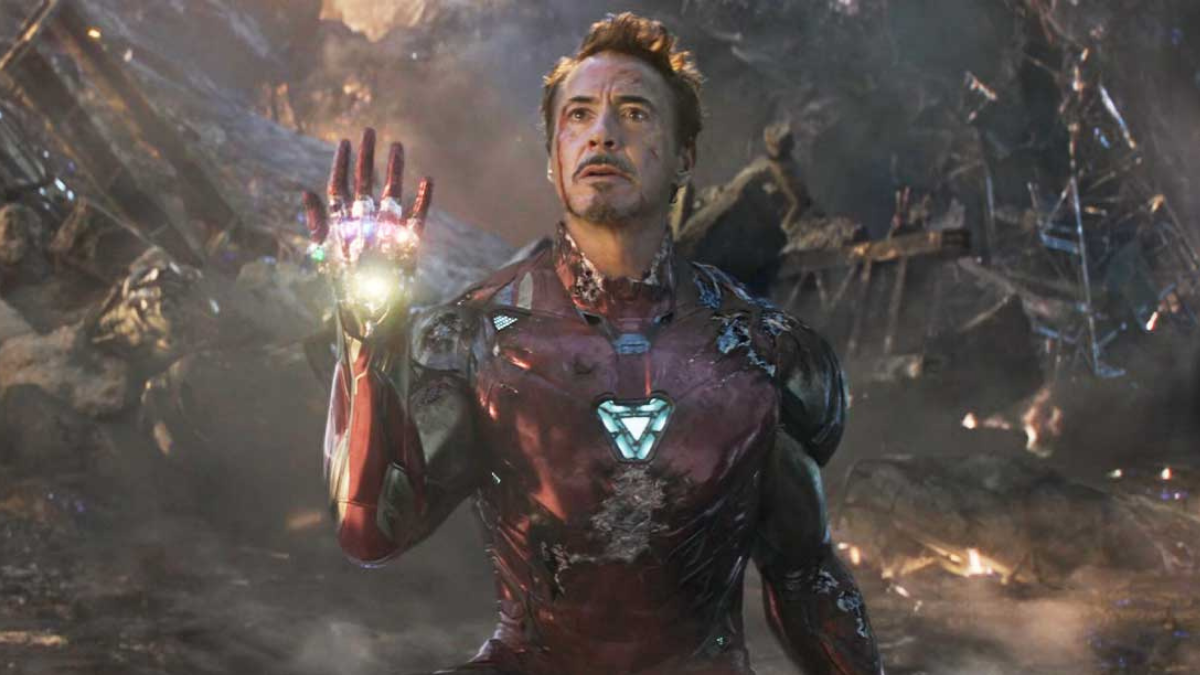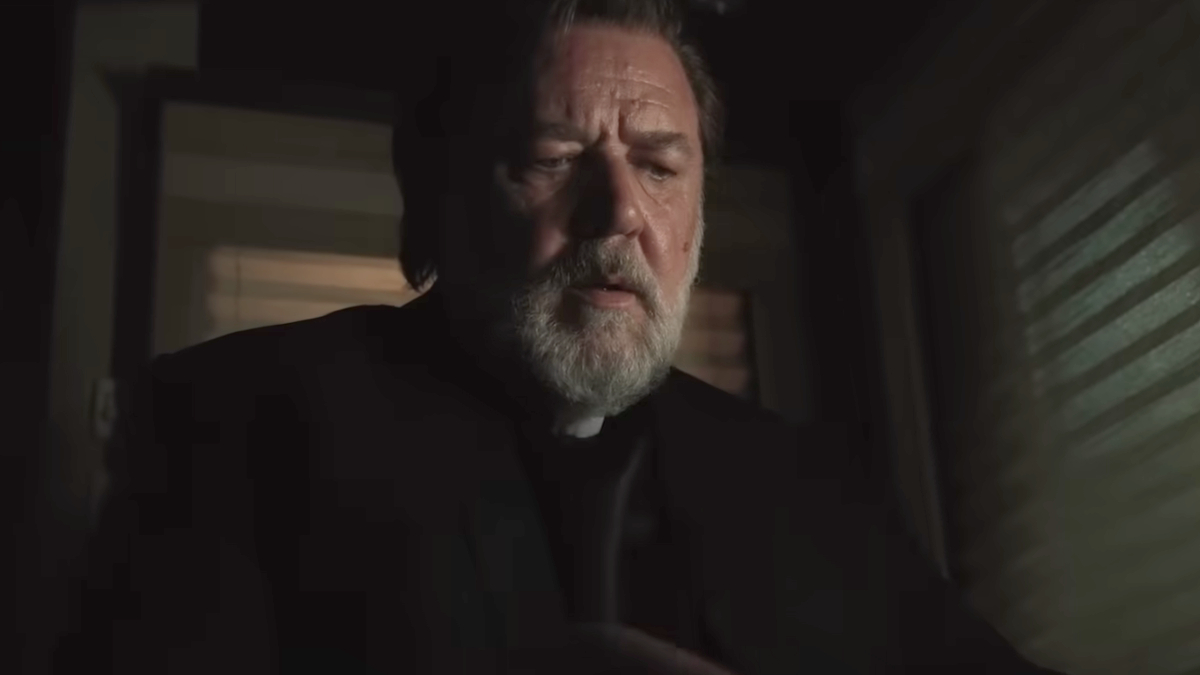It’s definitely not a good time to be a Nazi.
It’s not as if Taika Waititi invented Hitler humor. For over half a century, Mel Brooks and Max Bialystock’s production of “Springtime for Hitler” has guzzled audiences’ delight in not one, but three separate forms. And even before that, while actually in the thick of the modern world’s most tyrannical and genocidal period, Charlie Chaplin, thinly disguised as Adenoid Hynkel of Tomania, ripped at the seams of the raging fascist mantra. Perhaps it’s because fascism is, in more ways than one, threatening to bloom again that Jojo Rabbit has garnered some mal-tasted sneers. But if hatred is what you take out of this self-described “anti-hate satire,” then you’ve done all but understood it.
For between the Nazis and vicious overlords that don’t so much grace the screen as they do gaffe it – Der Fuhrer takes the form of a young German boy’s imaginary friend – is one of the most nourishing, refreshing, yet daring films of recent memory. Taking place throughout the half-year eve of Germany’s downfall and told through the eyes and mind of 10-year-old Johannes (Roman Griffin Davis), it only scrapes the icing off the horrifying events and philosophies rooted within the Third Reich. Whether it’s because he’s too young to fully understand what’s happening around him or because he surrounds and drenches himself in what another character describes as “blind fanaticism,” we are reminded that within the wretched were the oblivious few who, when given the chance, were capable of conversion.
Now, here’s where things get tricky. While that sort of “following orders” plea is a well-cited excuse among several German officiaries following the empire’s collapse, Waititi avoids penning clemency for his more vile creations. He rather douses his irreverent screenplay with gallons of exaggerated, comic-coated ridicule; these Nazis are hardly the fearsome, faceless death dealers history has accurately recounted them as. They’re half-witted, solemnly preaching their ridiculous impressions of Jewish people (who can be spotted either hanging down from the ceiling like bats or prancing around with skull-piercing horns) and proving time and time again that when it is strong enough, ignorance is certainly infectious.

This, in turn, sets our scope on the Hitler youth. Eager to attend a Nazi-crafting camp – where the boys are taught the banalities of warfare, and the girls are introduced to the strict role of domestic servitude – Jojo quickly finds himself at a crossroad between the depths and deaths of practical fascism and his own morality. To counteract the snide mockery of his peers about his “cowardness” is his mind-made compadre, Hitler (played by a silly, yet increasingly accurate Waititi). With a “go get ‘em” partnership, the two seem like an inseparable pair. That is, until Jojo meets Elsa (Thomasin McKenzie), a Jewish girl who, unbeknownst to him, has been living within his walls.
The pieces start to fall into place in Jojo’s mind. His mother (a sympathetically radiant Scarlett Johansson) is less than enthused by the war effort and, gripping to the hope that her child isn’t one of the mindless monsters he wants so desperately to be, tries to keep the political chatter to a minimum. Though she’s invited Elsa to stay with them, she’s devoted to her son. But as her opposition increasingly manifests itself, her ability to guide him down the right path diminishes. Therefore, most of his education comes from Elsa. His frequent meetings with her see Jojo in a stuttering position, capsized by a strange blend of fear, resentment, and infatuation that the 11-year-old Davis handles beautifully. His goal is to find out the truth behind the Jews, but he inevitably finds out the truth about himself instead.
The women in Jojo’s world bring to the hate-soaked environment and the film a divergent beam of life and love. Through this triangle, Waititi fosters and steers a tricky blend of tones, though Jojo Rabbit is unequivocally at its best when it dares to be funny. Headlining a crew of hilariously daft sympathizers are Rebel Wilson as a gender-stagnant paraeducator, Stephen Merchant as an eerie and perky Gestapo agent, and Sam Rockwell – adding to his catalogue of controversial, yet likable extremists – as a bitter, gay and crippled storm trooper.
When these two ends of Jojo’s existence collide, the result can be confusing, especially in the case of Rockwell’s character. Nazis have far more than earned their loathsome place amongst the scum of human history, but if Waititi, who is Jewish himself, is capable of mining sympathy for this audacious and flamboyant man, maybe that conflicting range of affection is something we should latch onto?






